Search
Research
The built environment and child obesity: A review of Australian policiesChild obesity is a serious public health challenge affected by both individual choice and societal and environmental factors. The main modifiable risk factors for child obesity are unhealthy eating and low levels of physical activity, both influenced by aspects of the built environment.
Research
Neonatal high-frequency oscillatory ventilation: where are we now?High-frequency oscillatory ventilation (HFOV) is an established mode of respiratory support in the neonatal intensive care unit. Large clinical trial data is based on first intention use in preterm infants with acute respiratory distress syndrome. Clinical practice has evolved from this narrow population. HFOV is most often reserved for term and preterm infants with severe, and often complex, respiratory failure not responding to conventional modalities of respiratory support.
Research
The psychosocial impact of childhood dementia on children and their parents: a systematic reviewChildhood dementias are a group of rare and ultra-rare paediatric conditions clinically characterised by enduring global decline in central nervous system function, associated with a progressive loss of developmentally acquired skills, quality of life and shortened life expectancy. Traditional research, service development and advocacy efforts have been fragmented due to a focus on individual disorders, or groups classified by specific mechanisms or molecular pathogenesis.

News & Events
Funding boost for digital health programThe Kids Research Institute Australia is pleased to share in $490,000 in State Government funding designed to provide vital support to WA’s innovation sector in the wake of COVID-19.
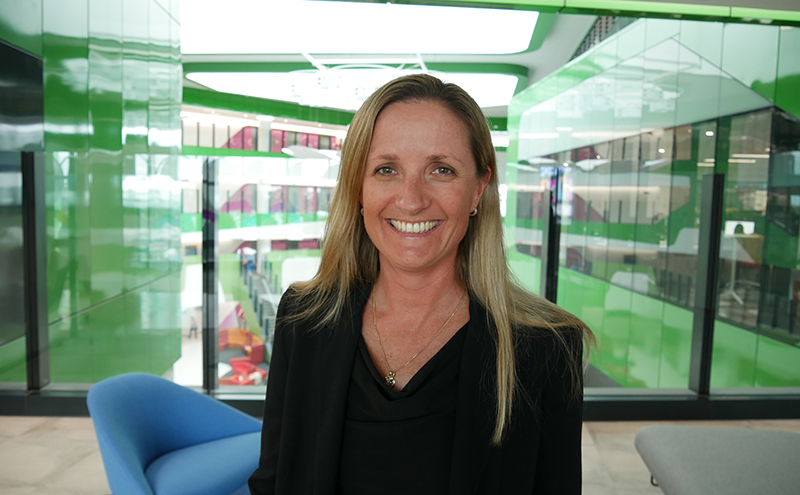
News & Events
Up and at ’em: The Kids physical activity researcher named a WA Young Tall PoppyA The Kids Research Institute Australia researcher focused on promoting more active childhoods to improve child health and wellbeing will be named amongst WA’s most outstanding young scientists at the upcoming 2020 Young Tall Poppy Science Awards.
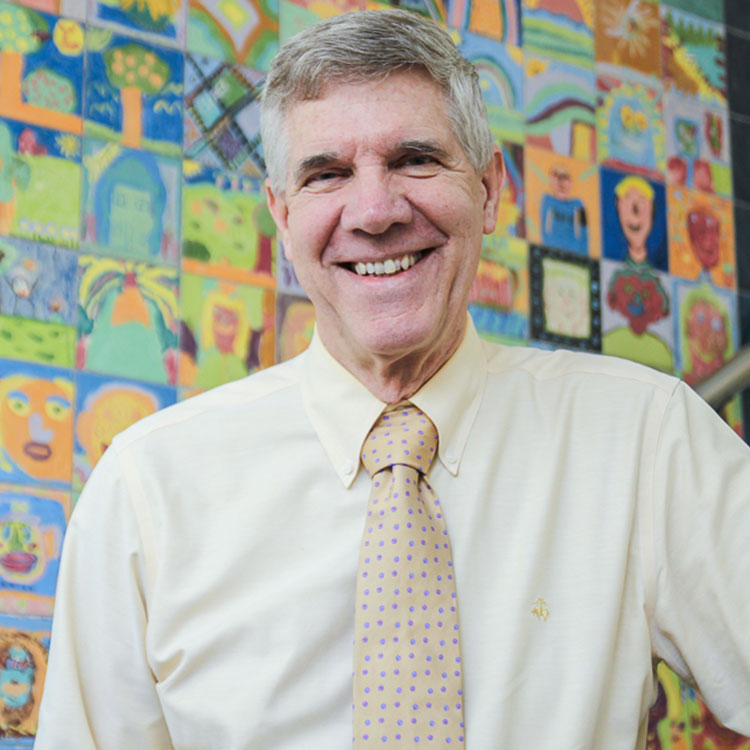
News & Events
The Impact of Poverty - interview with Steve ZubrickGrowing up poor is about more than just the size of your bank account. Read the new CoLab Impact of Poverty Evidence Report.
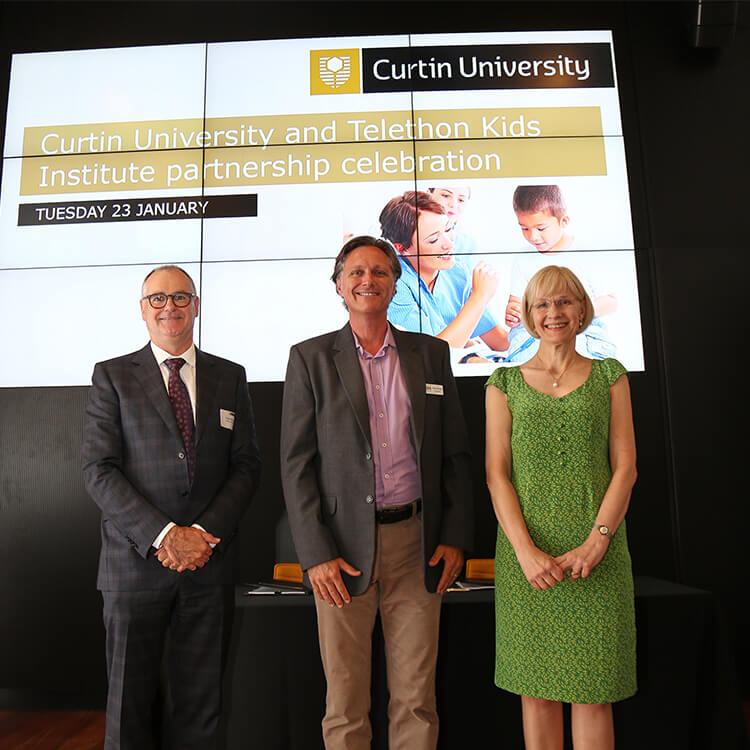
News & Events
New era for child health research with The Kids Research Institute Australia and Curtin partnership signedThe Kids Research Institute Australia and Curtin University will work together as part of a new agreement focused on enhancing children’s health and medical research in WA.
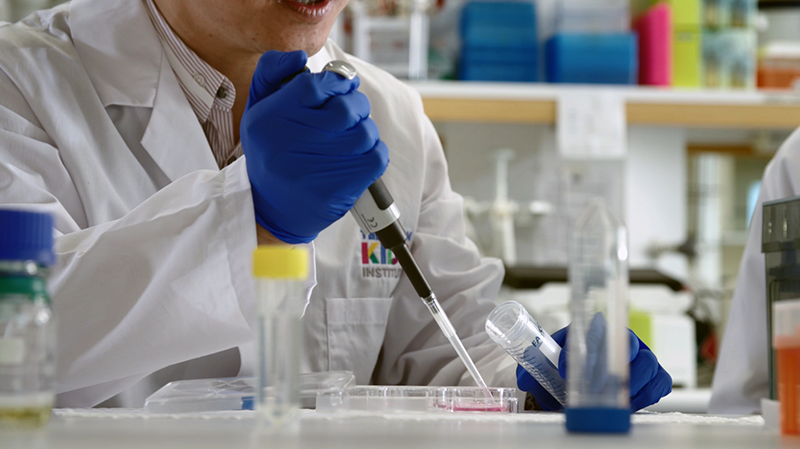
News & Events
NHMRC funding boost to child health researchThe Kids researchers will use nearly $8.5 million awarded by the National Health and Medical Research Council (NHMRC) to tackle health issues including respiratory disease, brain cancer, vaccination and Aboriginal health.
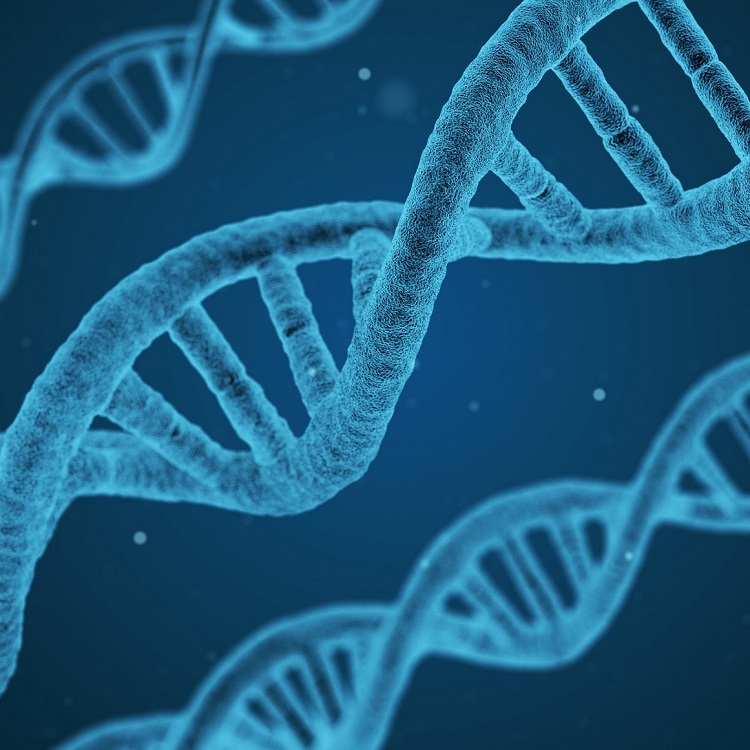
News & Events
$1.2million in funding secured for two innovative projectsThe Kids researchers are collaborating on two major projects that today received $1.2million in funding from MTPConnect.
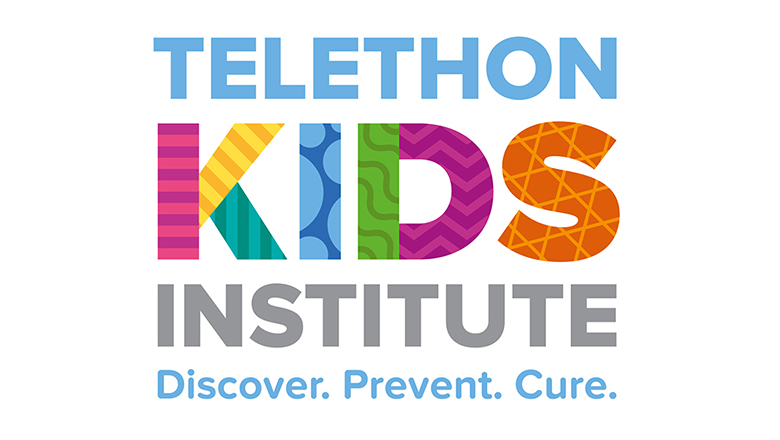
News & Events
The Kids welcomes State Government commitment to researchThe Kids Research Institute Australia, has welcomed the State Government's budget commitment to innovation and medical research.
